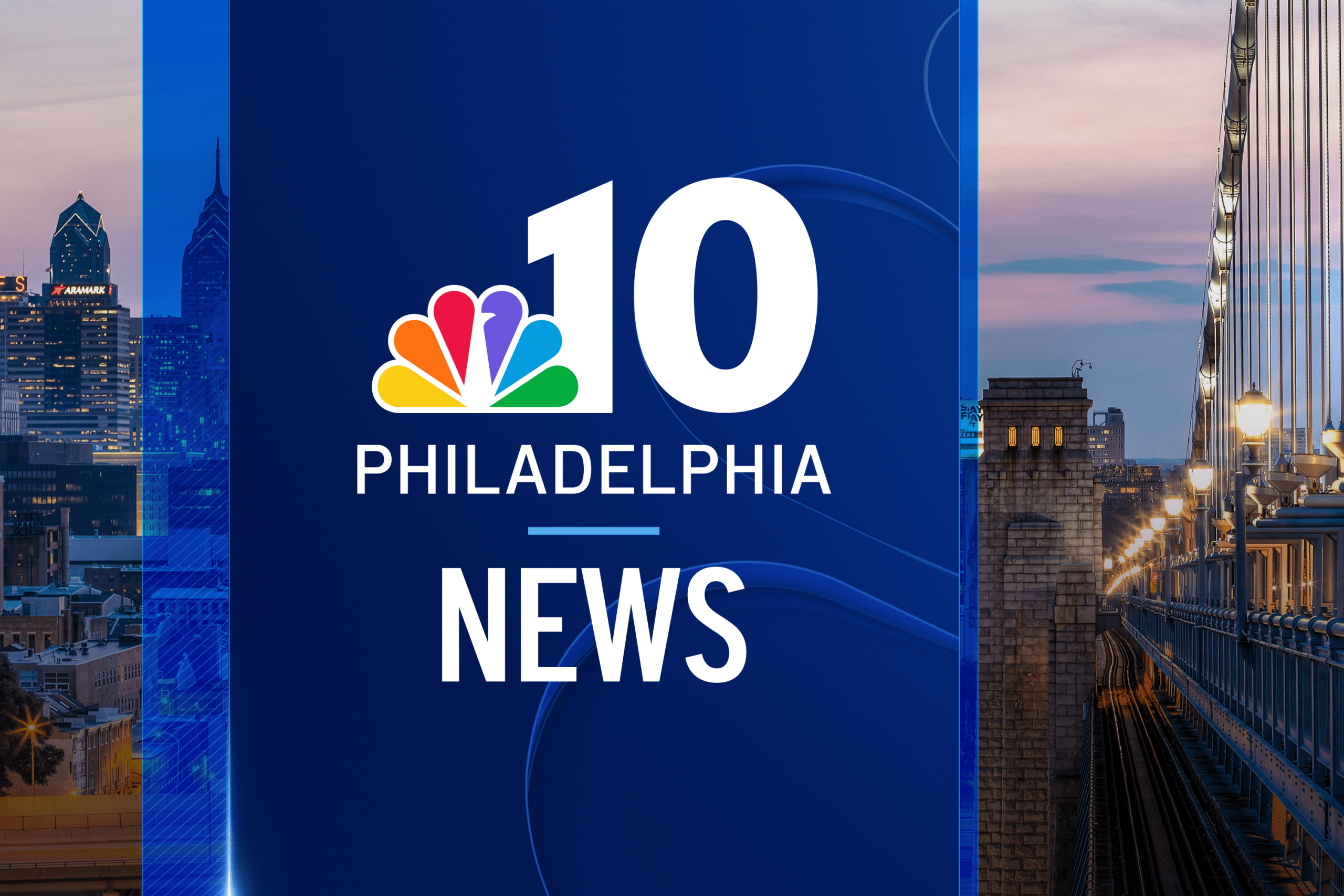Elon Musk’s tunneling venture, The Boring Company, is facing significant local opposition in Nashville as it pushes forward with plans for a 10-mile underground loop, highlighting growing tensions between rapid development and community oversight. This ambitious infrastructure project has ignited a heated debate concerning transparency, public involvement, and potential environmental consequences.
The “Music City Loop” aims to connect downtown Nashville and the Convention Center to Nashville International Airport, promising a remarkably quick transit time of approximately eight minutes. This venture is proceeding in close coordination with Tennessee’s Republican Governor Bill Lee, who has publicly lauded the project. Governor Lee has emphasized that the initiative will come “at zero cost to taxpayers” and be “entirely privately funded,” though specific details regarding cost-benefit analyses, environmental studies, or safety assessments remain undisclosed.
However, Democratic lawmakers in Nashville and local authorities are vocal in their demands for greater transparency and meaningful public input. Nashville’s Mayor Freddie O’Connell has expressed a number of “operational questions” to better understand the potential impacts on Metro and its citizens. State Representative Justin Jones has critically pointed out the lack of public comment periods and the absence of readily available environmental impact reports, challenging the expedited nature of the agreement.
A central point of contention revolves around a proposed “no cost/mutual benefit” lease arrangement, which would grant The Boring Company a substantial parcel of public property in downtown Nashville. This agreement is slated for an emergency meeting by a state commission. Critics argue that despite claims of private funding, “giving away land obviously has a cost,” raising concerns about the true financial implications for the public.
The Nashville tunnel project is part of a broader strategy by Elon Musk to expand his business ventures across Tennessee. Concurrently, his artificial intelligence startup, xAI, is developing data centers and a power plant in Memphis, further solidifying his corporate footprint within the state. These significant urban development projects underscore Musk’s growing influence in the region.
The Boring Company’s past performance includes a two-mile loop in Las Vegas, which, while operational, has drawn criticism for its limited pedestrian accessibility and documented worker safety violations. Furthermore, the company has previously abandoned similar tunnel proposals in other major cities, including Chicago, which raises valid questions regarding the long-term viability and consistent execution of its infrastructure projects.
A significant environmental concern unique to Nashville is its susceptibility to flooding, with an average annual rainfall far exceeding that of arid Las Vegas. Experts and local officials have questioned The Boring Company’s experience in constructing underground infrastructure in such flood-prone environments, especially given Nashville’s proactive history of federally supported flood mitigation and land conversion efforts.
Separately, in Memphis, xAI has already encountered substantial community backlash over its reliance on natural gas-burning turbines to power its data centers and supercomputer facilities. Environmental and public health advocacy groups, notably the NAACP, are pursuing legal action, alleging that xAI’s operations have contributed to increased air pollution and disproportionately affected nearby predominantly Black communities, citing potential violations of the Clean Air Act.






Leave a Reply